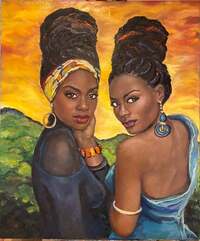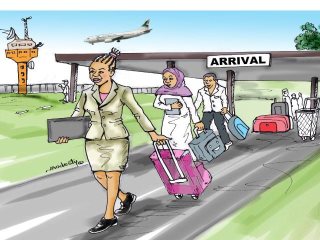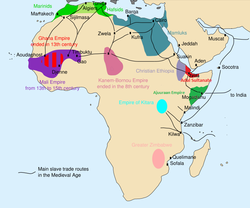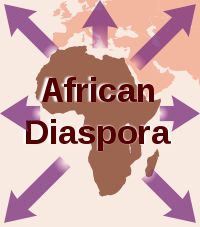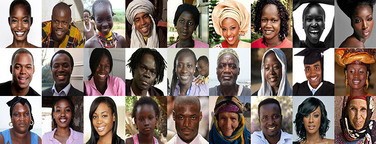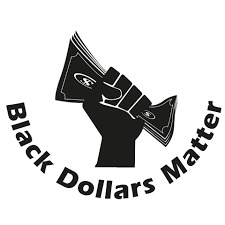Misconceptions of Black Women
Introduction:
The lingering aftermaths of slavery have made it hard for an average person from the West to view black people the same way regarding societal misconceptions. This is mostly indicting for black women in the West. Most of the time, black women in society have had to stand firm for themselves in a society that has made them seem like second-class citizens despite being shipped several thousand miles from their homes in Africa.
Let us examine why it’s hard for people of the West to see black women for the vital qualities they possess, rather than tying them down to a negative stereotype.
Strength and Beauty of an Average Black Woman in the West:
Due to the disadvantages of being colored, black women have had to be defensive about their stance as citizens in the West. This naturally gave them a bold and firm stance in society. This is not to say that every black woman wants to dominate. It only indicates their willingness to stand up to societal challenges and take care of their families and loved ones. An average black woman is hardworking and ever-ready to surmount the challenges presented by society.
They achieve these milestones knowing fully well that opportunities are hard to come by for women of color. That is the strength of a black woman in the West. An average black woman is beautiful and elegant in all she does. She commands reverence wherever she enters because there is nothing as beautiful as black. This is why the primary aura of a black woman is perceived to be that of beauty and strength with relevance in everything they do.
The African Reference:
The misconception of black women in Africa has been chiefly that of a societal culture that women are the weaker sex. Women in Africa have had to struggle to bridge the gap that culture has created regarding how they’re treated. The culture in some parts of Africa believes that a woman’s primary role is domestic duties and getting married to a man when the time is right. In trying to overturn these challenges, women are often tagged stubborn and arrogant. This is often not true.
Due to these cultural challenges, men are often considered the breadwinners of most families, while women have to submit to them in every way. Breaking the barrier of cultural stereotypes is why most women are misunderstood in Africa.
Regarding the West:
Black women in the West are often expressive with their feelings. In an environment set up to keep them at a disadvantage, black women have learned to be defensive and protective of everything concerning them. The term “Angry Black Woman” has been used now and then when black women try to push back at the injustice of Western society. This misconception has eaten deep into the West that even some black communities have started buying into it.
Another misconception is the sexuality of black women in the West. Beautiful black women in society are not afraid to express their sexuality and that they’re beautiful and should be admired and desired. This does not in any way mean that they are sexually promiscuous.
A survey made by 435 undergraduates from a Northeastern university in the US showed that black women are more likely to be single mothers than their white counterparts. This indicated the level of stereotype about black women in Western society, a very worrying trend.
In Parting Thoughts:
It has to be said the common perception about why black women have negative stereotypes anywhere globally has to do with cultural trends and dynamism. There only difference between the African and Western situations is that while black women in the West have to battle a society that doesn’t view them as entirely part of their society; black women in Africa fight for the right to be recognized as significant role players in the same way men are.
In summary, black women deserve to be seen for what they are; strong, beautiful, and resilient enough to overcome societal challenges.


